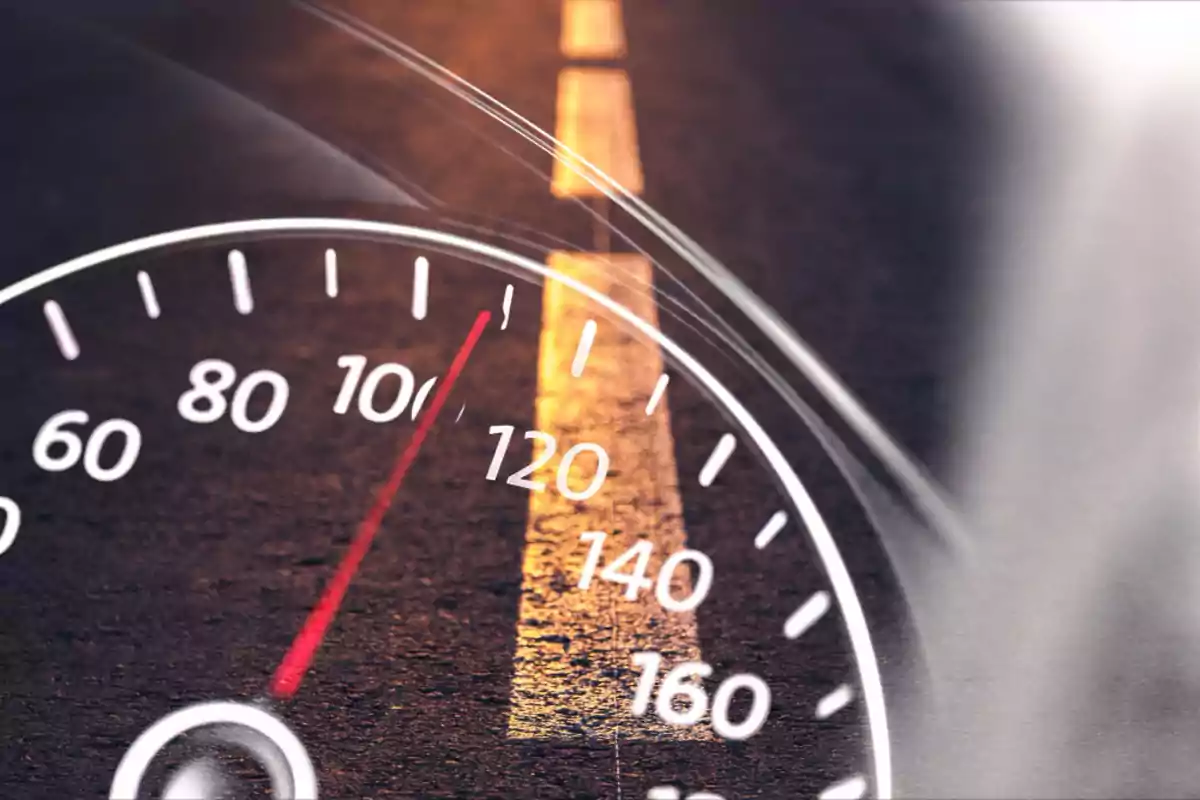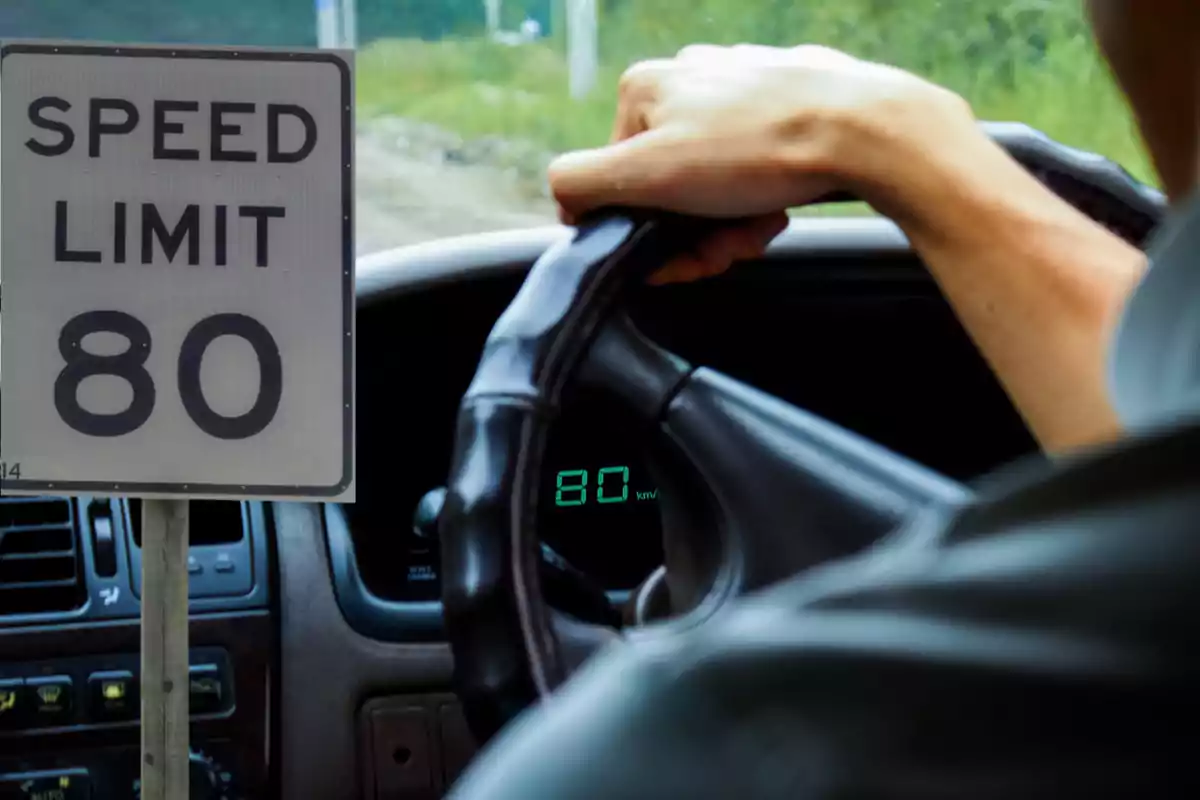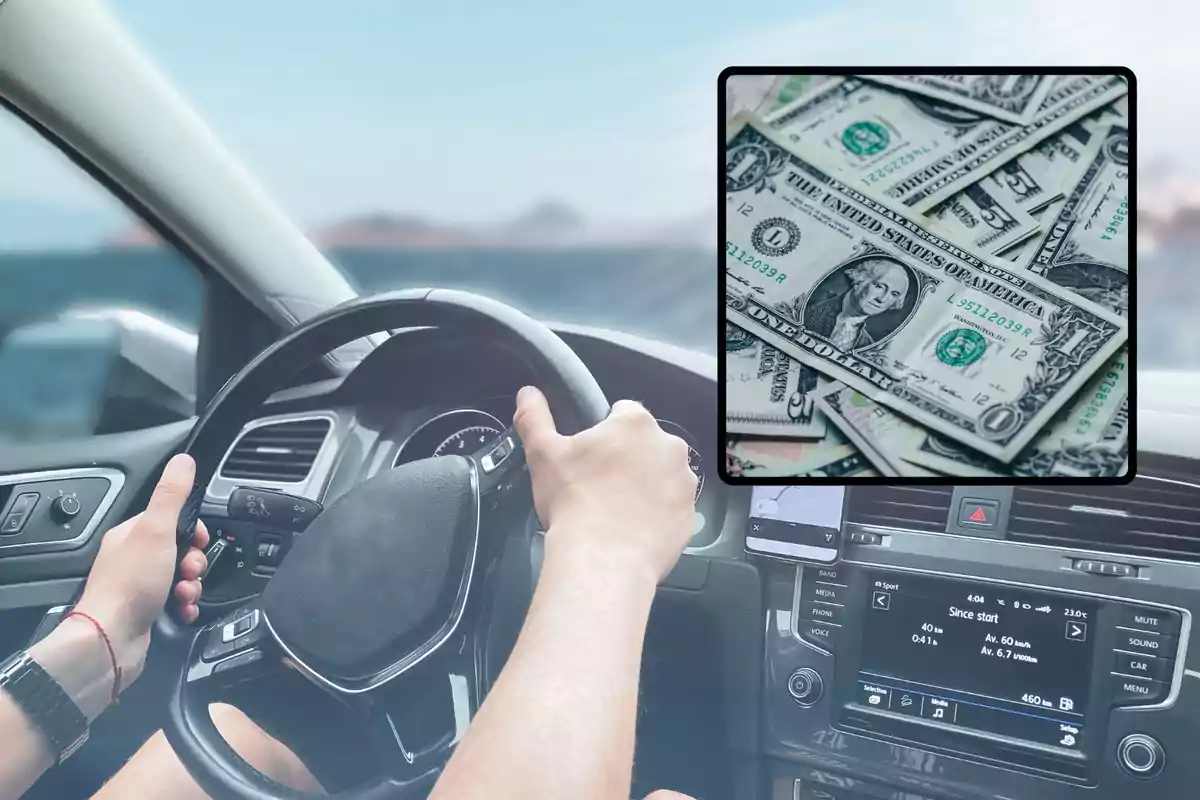Driving fast has always been a risk, but now in Connecticut things are getting much more serious. Did you know that driving over 100 mph (160 km/h) can not only cost you money in fines, but can also land you behind bars? Yes, you read that right.
It's not just a fine, it's jail
Until now, many drivers have seen speeding tickets as just a simple cost of "taking a risk," but the new HB07260 bill aims to change that. If you're caught driving over 100 mph (160 km/h), you'll face fines of up to $1,000 and up to a year in prison if you reoffend. If it's your first time, you could spend up to 30 days in jail—this is no game or joke.
The law has already been unanimously approved by the House of Representatives and is just waiting to pass the Senate to become a reality. Connecticut's Attorney General made it clear: "Reckless drivers put our families at risk every day. This law is a step toward making our roads safer."

Why so harsh?
The numbers don't lie. According to the National Highway Traffic Safety Administration (NHTSA), speeding causes approximately 12,000 deaths every year in the U.S.
Driving fast reduces reaction time, increases braking distance, and raises the risk of losing control, especially in bad weather. That idea of "getting there faster" might seem tempting, but it's really not worth it if you're risking your life and others'.
Connecticut isn't alone
This isn't an isolated law. Other states are toughening their rules against reckless drivers. The goal is clear: to make the punishment so serious that no one wants to repeat the offense, no matter how much money they have.
Fines are no longer enough to stop some people, which is why the focus is on criminal penalties that treat everyone equally, with no privileges.

What about self-driving cars?
Meanwhile, the future is moving forward and self-driving cars are starting to make their way onto the roads. In Texas, companies like Tesla and Amazon already have to register their vehicles and explain how they'll act in emergencies or police stops.
Although today they still need someone behind the wheel, these technologies are changing the rules. Laws will have to evolve to regulate these new "drivers" that aren't human.

